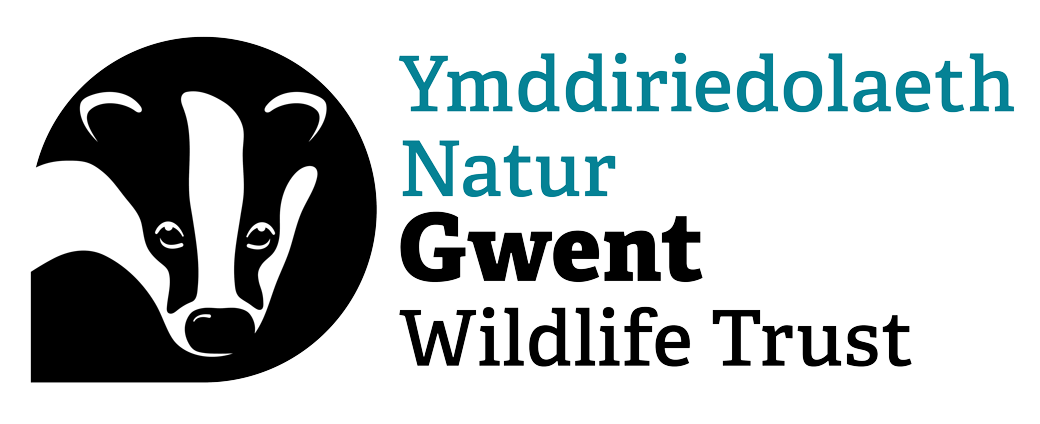Search
Chwilio
Arable fields
Most arable fields are large, featureless monocultures devoid of wildlife, but here and there are smaller fields and tucked away corners that are farmed less intensively, or are managed…
Help wildlife in the cold
The colder months can be a tough time for wildlife, food is scarce and hibernators are looking for shelter. That's why we’ve put together our top tips for maintaining your garden for wildlife…
No Mega Solar Power Stations on SSSIs
Whilst we support renewable energy, we believe it must be the right development in the right place. SSSIs, including this one at Magor, should not be developed as we cannot destroy the environment to save the environment.
There are tens of thousands of acres of land throughout Wales which are much more suited to solar farms than SSSIs.
Rocky habitat
Rocky habitats are some of the most natural and untouched places in the UK. Often high up in the hills and hard to reach, they are havens for some of our rarest wildlife.
Grasshopper warbler
This small summer migrant travels from Africa to breed in the reedbeds of the UK. Rarely seen but given away by its insect like trilling call; the movement of the head during calling makes it…
Recycle and reuse
Recycle, upcycle - and make do and mend! Production of household waste needs to decrease by 33% by 2037 to reach recommended emissions targets. So get out that needle and thread!
Common limpet
If you’ve ever been rockpooling, you’ve probably seen a limpet or two! Their cone-shaped shells clamp onto rocks until the tide comes in, at which point they become active. Limpets move around…
How to build a pond
A wildlife pond is one of the single best features for attracting new wildlife to the garden.
Volunteering with Gwent Wildlife Trust
Thanks to players of People’s Postcode Lottery for enabling our volunteers to widen their knowledge of ways to help us to restore nature in Gwent, by providing them with skills and training in…
How to build a bug mansion
Build your own bug mansion and attract a multitude of creepy crawlies to your garden.
June Element - Be Organic!
Our focus for June is one of the most important principles in wildlife gardening: Be Organic.
